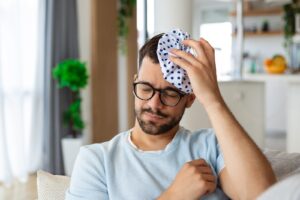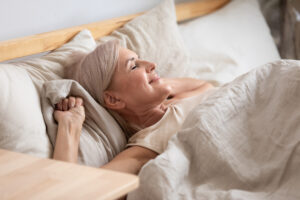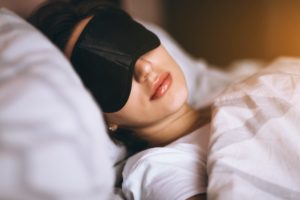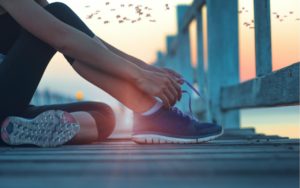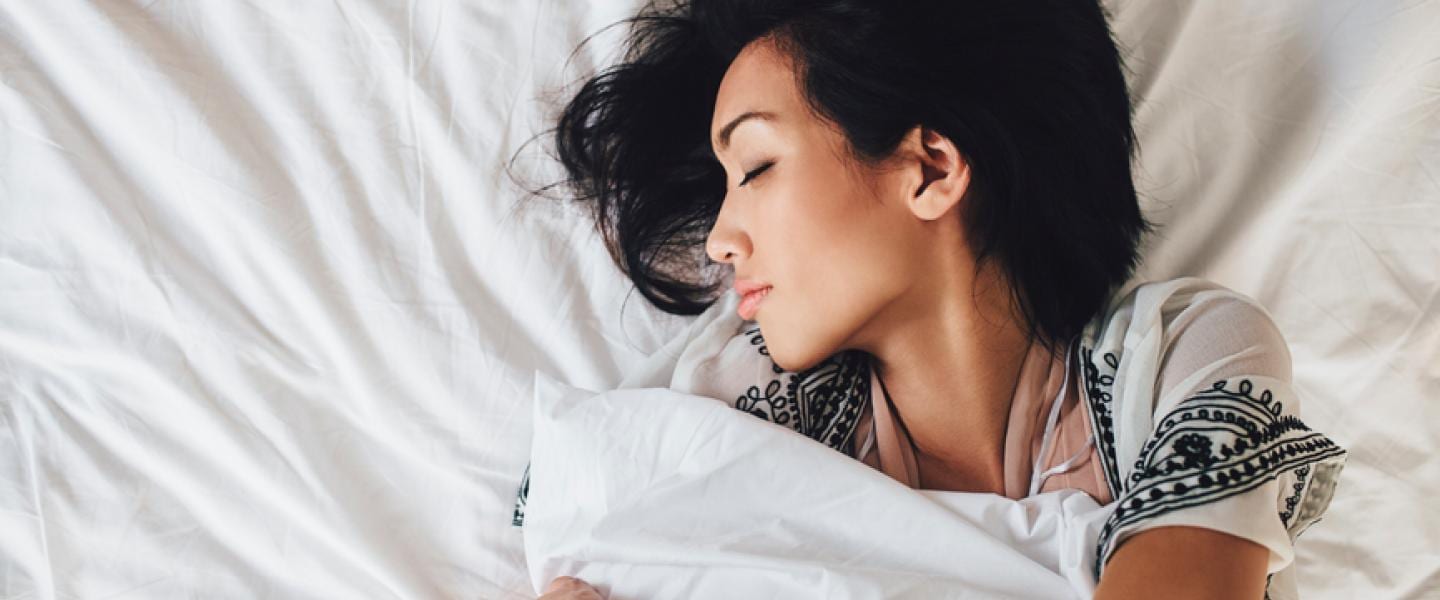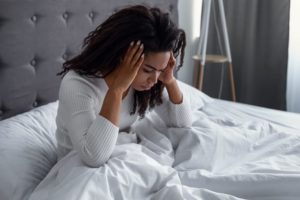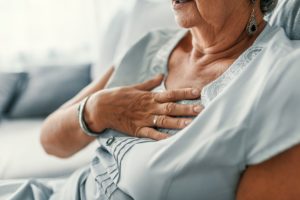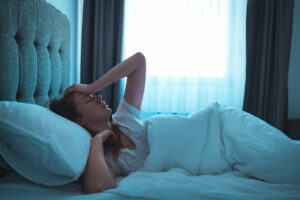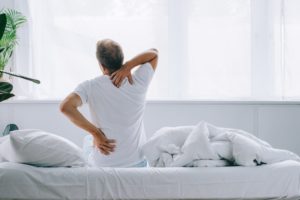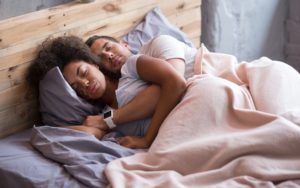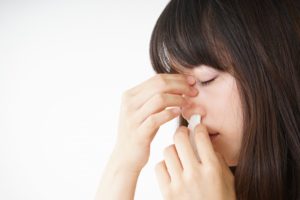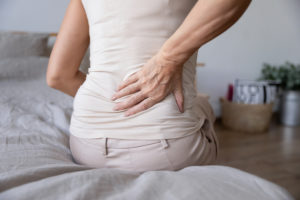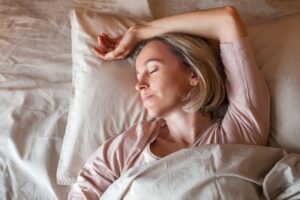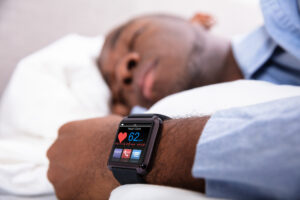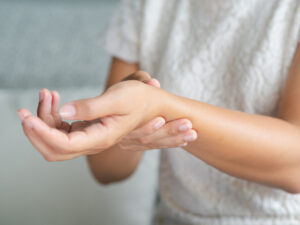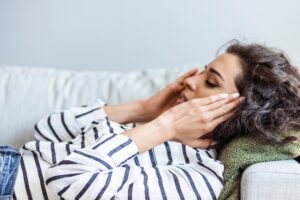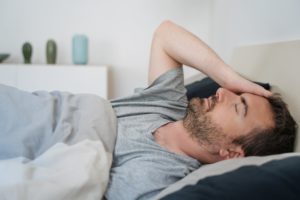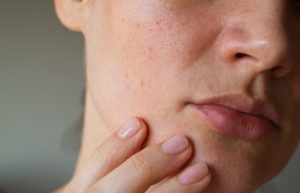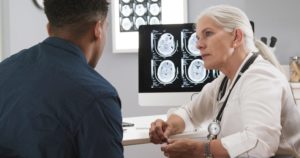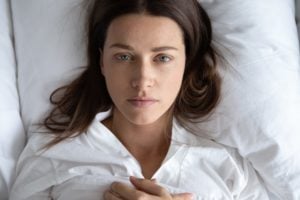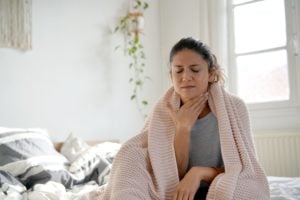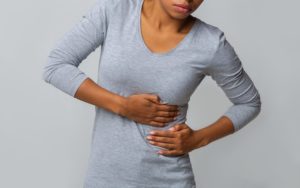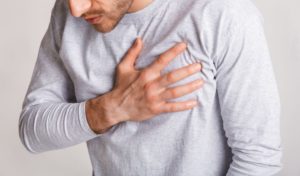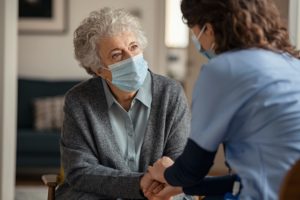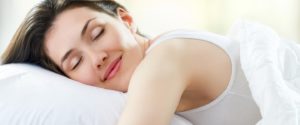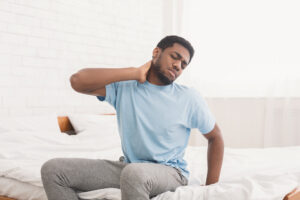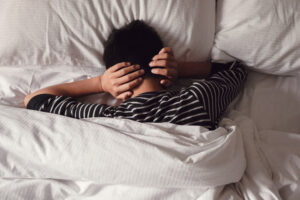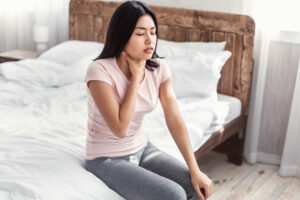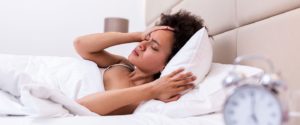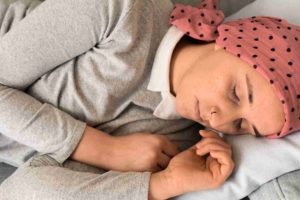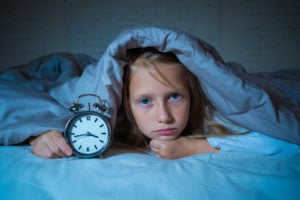Leg Cramps at Night: Tips to Reduce Discomfort
- Nighttime leg cramps are sudden, painful muscle contractions.
- Common causes include medications, pregnancy, dehydration, and exercise.
- Prevent cramps by staying hydrated and stretching or massaging your legs before bed.
- Seek medical advice if cramps persist or worsen to rule out underlying issues.
Sharp and painful leg cramps can cause unpleasant sleep disruptions. About 60% of people report experiencing nocturnal leg cramps. Nocturnal leg cramps — also commonly called charley horses — are painful, involuntary contractions of leg muscles during the night. Although nocturnal leg cramps generally pass after minutes, they are unpleasant and can disrupt sleep enough to create problems. Usually, the calves and feet are most affected. Nocturnal leg cramps are more prevalent in women and older adults, but anyone can experience them.
Is Your Sleep a Problem
If you’re consistently struggling to sleep, there may be underlying sleep issues at play. Answer three questions to better understand your sleep.
Nocturnal Leg Cramps vs. Restless Legs Syndrome
Nocturnal leg cramps are a distinct condition, but they are often misdiagnosed as restless legs syndrome (RLS) because both disorders involve uncomfortable sensations in the legs. Although symptoms are similar, there are some key differences between these disorders.
You may have nocturnal leg cramps if you are experiencing:
- Calf or foot cramps during the night
- Cramping that causes intense pain
- Sharp pain lasting less than 10 minutes
- Soreness lingering for hours or days
- Sleep disruption as a result of cramping
- Feeling distress around falling asleep
Even though restless legs syndrome also involves leg discomfort at night, its symptoms vary from those found in nocturnal leg cramps. RLS is characterized by the desire or urge to move your legs in the evening. Other symptoms can include:
- Unpleasant or painful sensations in the legs
- Discomfort that worsens in the evening or night
- Relief found by walking or stretching
- Sensations that worsen with lack of exercise or rest
Symptoms of nocturnal leg cramps and RLS often present in similar ways. Therefore, nocturnal leg cramps might be difficult for your doctor to diagnose. To help your doctor figure out what issue is causing your leg discomfort, track your symptoms and bring detailed notes with you to your appointment.

Causes of Leg Cramps at Night
Leg cramps can be distressing and painful. Experiencing pain during the night can disrupt sleep. The exact causes of nocturnal leg cramps are unknown. However, there are some factors that may increase the chance of experiencing leg cramps during the night.
- Medications: Some medications, like diuretics, steroids, and antidepressants, are associated with nocturnal leg cramping. Talk to your doctor about any medications you are taking if you experience leg cramps during the night.
- Pregnancy: Leg cramps are a common experience in pregnant women, although some professionals consider pregnancy-related leg cramps different from nocturnal leg cramps. Researchers are unsure if this leg cramping occurs due to pregnancy itself, or because of a lack of blood flow in the veins as a result of pregnancy. Magnesium supplementation has been shown to reduce leg cramping in pregnancy, but you should talk to your doctor before beginning any new supplements.
- Dehydration: Not drinking enough water during the day can result in dehydration. Dehydration causes muscle weakness and cramping . Nocturnal leg cramps in particular are not associated with dehydration, but drinking water is still important. The exact amount of water you need to drink each day depends on your body weight, activity level, medications, and local climate.
- Standing for Extended Periods: Being on your feet for long periods of time can increase the risk of experiencing nocturnal leg cramps , making leg cramps a problem for people who must stand while they work. Taking breaks from standing and setting aside time to elevate your feet may help.
- Exercise: Exercising at the gym or through team sports may lead to muscle cramps. When muscles are fatigued or overworked , they can be more susceptible to cramping. Exercise-associated muscle cramps may be mistaken for nocturnal leg cramps when they occur at night. Stretching during an exercise-induced cramp has been shown to help relieve pain.
- Alcohol: Research of people over age 60 shows that those who drink alcohol are more likely to report nocturnal leg cramping. This cramping could be a result of alcohol’s ability to damage muscle fibers, but more research is needed.
How to Reduce Leg Cramps at Night
Although the exact cause of nocturnal leg cramps is unknown, there are ways to reduce the likelihood that you will experience them. Typically, leg cramps do not indicate a serious health problem. However, if you are experiencing frequent leg cramping, you should reach out to your doctor. You may be able to reduce the likelihood of experiencing leg cramps through:
- Hydration: Staying consistently hydrated throughout the day may help reduce the frequency of muscle cramps, since dehydration can cause cramps. Though some research suggests that nocturnal leg cramps are not caused by dehydration, it may help to drink water during long periods of outdoor activity or strenuous activity. There is also research to suggest that drinking pickle juice during a cramping episode helps inhibit the cramp quickly.
- Stretching: Doing some stretching or yoga before bed may help you reduce both the frequency and intensity of nocturnal leg cramps. Research suggests that engaging in a stretching routine before bed helps reduce cramps and leg pain after about six weeks. Nocturnal cramps usually do not last longer than 10 minutes, but stretching your calf or foot during the cramp may help relieve the pain faster.
- Baths: Some people claim that taking a bath helps relieve their nighttime cramps, though further research is needed. An epsom salt bath in particular could help reduce muscle pain . Epsom salt contains magnesium sulfate. An epsom salt bath could increase your magnesium levels, which may help relieve leg cramping.
- Massage: Massaging your calves or feet before bed may help you reduce cramping during the night by relaxing the muscles in your legs. If you have limited mobility, consider asking a partner to help.
- Heel Walking: Some people find that walking on their heels helps reduce nocturnal leg cramping. If you wake up in the middle of the night with a cramp in your calf, try getting up and walking on your heels. Although this type of walking helps release the tight calf muscle, research has found that it is not as effective as stretching during a leg cramp.
When to Talk to Your Doctor
If you are experiencing cramping in your feet and calves frequently during the night that does not go away with changes in lifestyle or diet, consult your doctor. In many cases, the cause of nocturnal leg cramps is unknown. Some leg cramps could indicate a more serious underlying disease, however, including:
- Cardiovascular disease
- Cirrhosis
- Kidney disease
- Osteoarthritis
- Narrowing of the spinal canal
- Nerve damage in legs
- Circulation disorders
Discussing your symptoms and concerns with your doctor can help you determine the best course of treatment.

Still have questions? Ask our community!
Join our Sleep Care Community — a trusted hub of sleep health professionals, product specialists, and people just like you. Whether you need expert sleep advice for your insomnia or you’re searching for the perfect mattress, we’ve got you covered. Get personalized guidance from the experts who know sleep best.
References
14 Sources
-
Allen R. E., Kirby K. A. Nocturnal leg cramps. American Family Physician. 2012 Aug 15, 86(4), 350-355.
https://pubmed.ncbi.nlm.nih.gov/22963024/ -
Tipton, P. W., & Wszołek, Z. K. (2017). Restless legs syndrome and nocturnal leg cramps: A review and guide to diagnosis and treatment. Polish Archives of Internal Medicine, 127(12), 865–872.
https://pubmed.ncbi.nlm.nih.gov/29120993/ -
Hallegraeff, J., de Greef, M., Krijnen, W., & van der Schans, C. (2017). Criteria in diagnosing nocturnal leg cramps: A systematic review. BMC Family Practice, 18(1), 29.
https://pubmed.ncbi.nlm.nih.gov/28241802/ -
Rana, A. Q., Khan, F., Mosabbir, A., & Ondo, W. (2014). Differentiating nocturnal leg cramps and restless legs syndrome. Expert Review of Neurotherapeutics, 14(7), 813–818.
https://pubmed.ncbi.nlm.nih.gov/24931546/ -
Klingelhoefer, L., Bhattacharya, K., & Reichmann, H. (2016). Restless legs syndrome. Clinical Medicine (London, England), 16(4), 379–382.
https://pubmed.ncbi.nlm.nih.gov/27481386/ -
Shaheen, N. A., Alqahtani, A. A., Assiri, H., Alkhodair, R., & Hussein, M. A. (2018). Public knowledge of dehydration and fluid intake practices: Variation by participants’ characteristics. BMC Public Health, 18(1), 1346.
https://pubmed.ncbi.nlm.nih.gov/30518346/ -
Bahk, J. W., Kim, H., Jung-Choi, K., Jung, M. C., & Lee, I. (2012). Relationship between prolonged standing and symptoms of varicose veins and nocturnal leg cramps among women and men. Ergonomics, 55(2), 133–139.
https://pubmed.ncbi.nlm.nih.gov/21846281/ -
Troyer, W., Render, A., & Jayanthi, N. (2020). Exercise-associated muscle cramps in the tennis player. Current Reviews in Musculoskeletal Medicine, 13(5), 612–621.
https://pubmed.ncbi.nlm.nih.gov/32720102/ -
Delacour, C., Chambe, J., Lefebvre, F., Bodot, C., Bigerel, E., Epifani, L., Granda, C., Haller, D. M., & Maisonneuve, H. (2018). Association between alcohol consumption and nocturnal leg cramps in patients over 60 years old: A case-control study. Annals of Family Medicine, 16(4), 296–301.
https://pubmed.ncbi.nlm.nih.gov/29987076/ -
Miller, K. C., Mack, G. W., Knight, K. L., Hopkins, J. T., Draper, D. O., Fields, P. J., & Hunter, I. (2010). Reflex inhibition of electrically induced muscle cramps in hypohydrated humans. Medicine and Science in Sports and Exercise, 42(5), 953–961.
https://pubmed.ncbi.nlm.nih.gov/19997012/ -
Hallegraeff, J., & de Greef, M. (2020). Pilot testing a stretching regimen for prevention of night time nocturnal leg cramps. Geriatric Nursing (New York, N.Y.), 41(2), 105–109.
https://pubmed.ncbi.nlm.nih.gov/31405532/ -
Blyton, F., Chuter, V., & Burns, J. (2012). Unknotting night-time muscle cramp: A survey of patient experience, help-seeking behaviour and perceived treatment effectiveness. Journal of Foot and Ankle Research, 5, 7.
https://pubmed.ncbi.nlm.nih.gov/22420923/ -
Razzaque, M. S. (2018). Magnesium: Are we consuming enough? Nutrients, 10(12), 1863.
https://pubmed.ncbi.nlm.nih.gov/30513803/ -
Pawar, A. V., Bathia, K., Rayjade, A., & Patil, S. (2021). Effect of calf stretching versus heel walking in nocturnal leg cramps in older individuals. International Journal of Life Science and Pharma Research, 11(1), 5–8.
https://www.ijlpr.com/abstract1.php?aid=668


